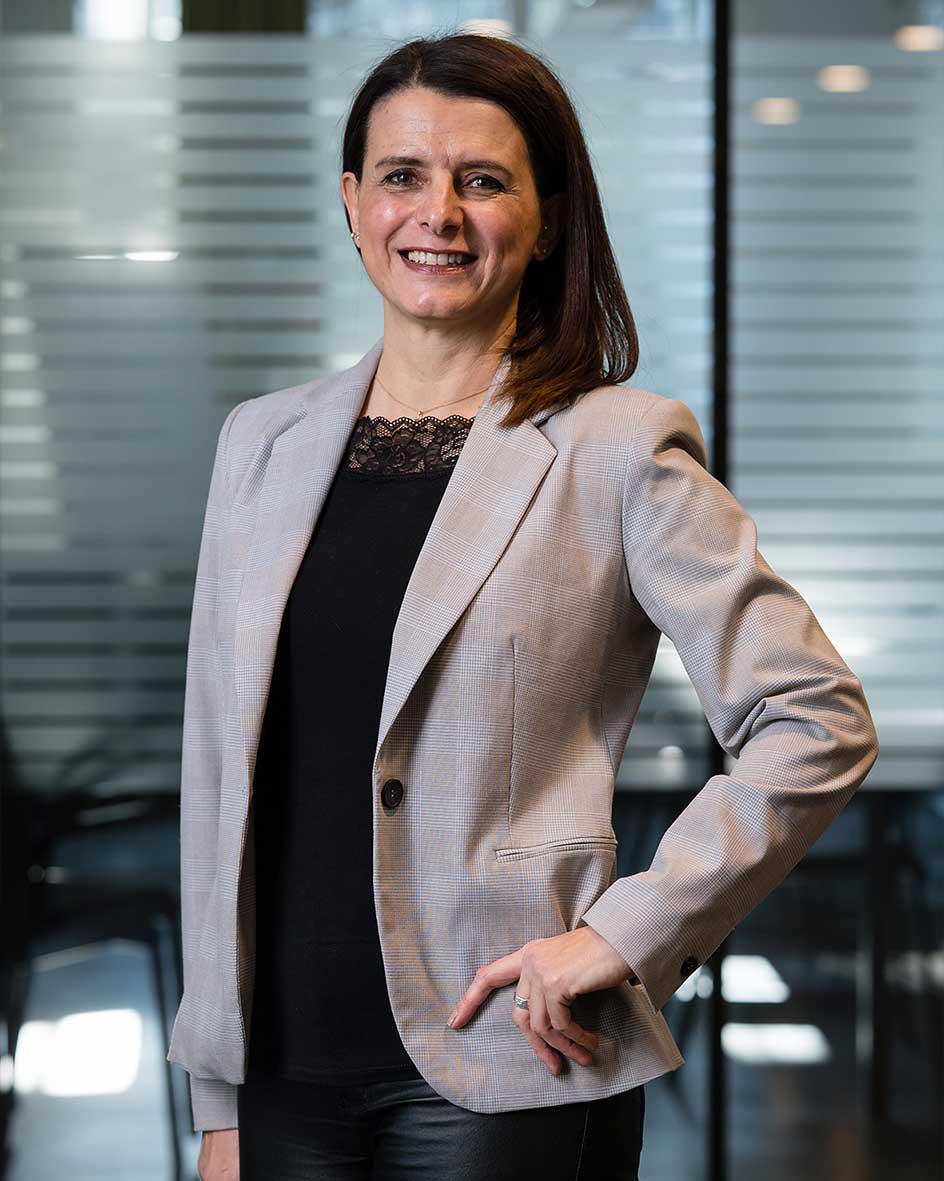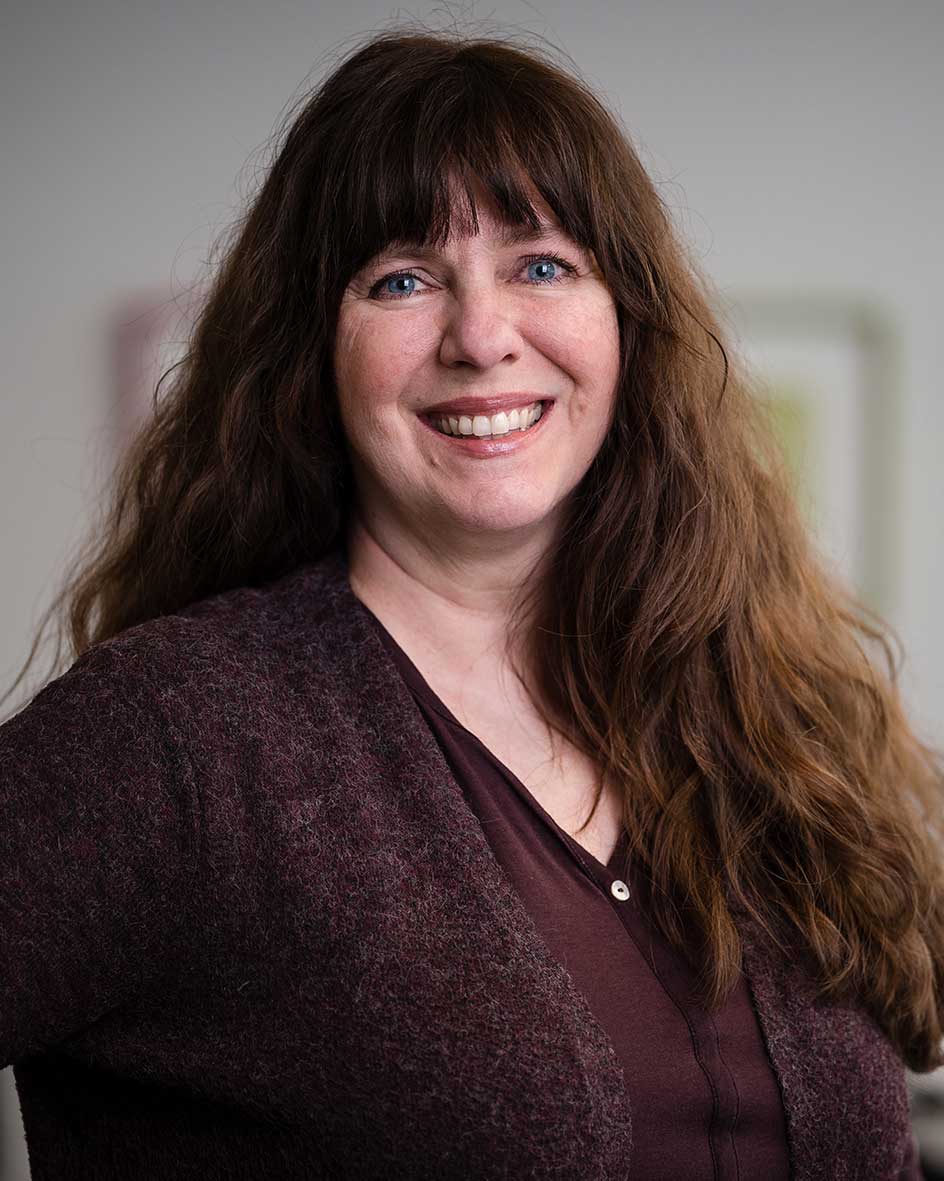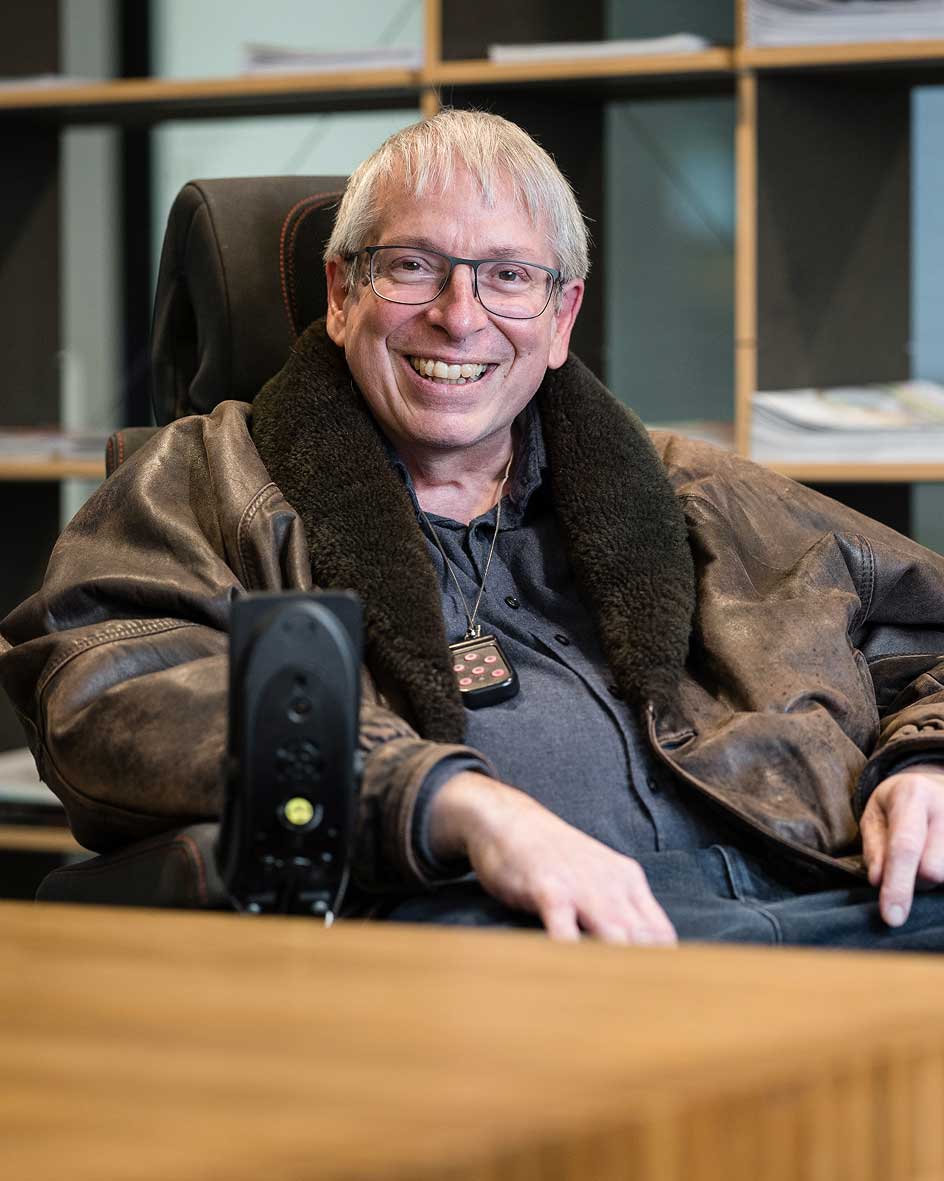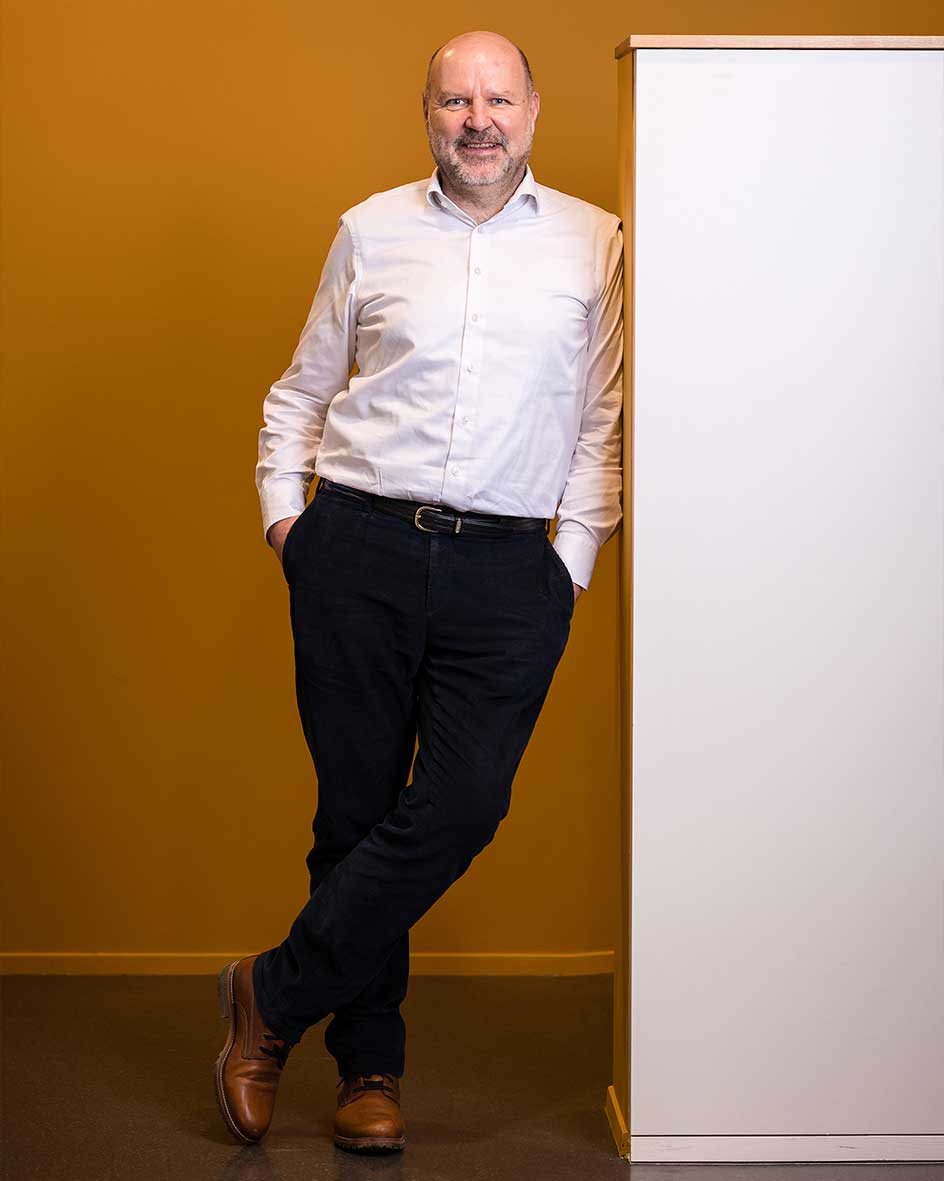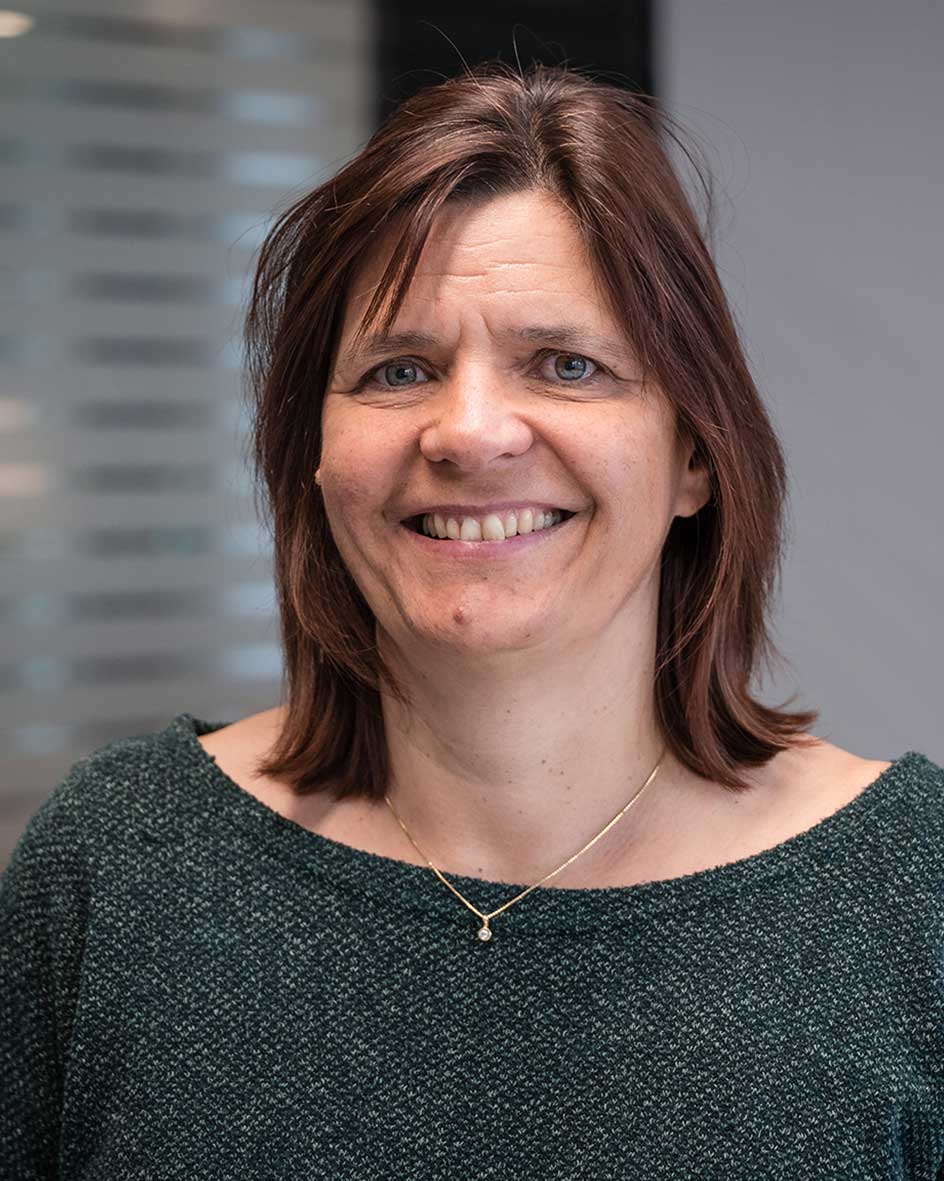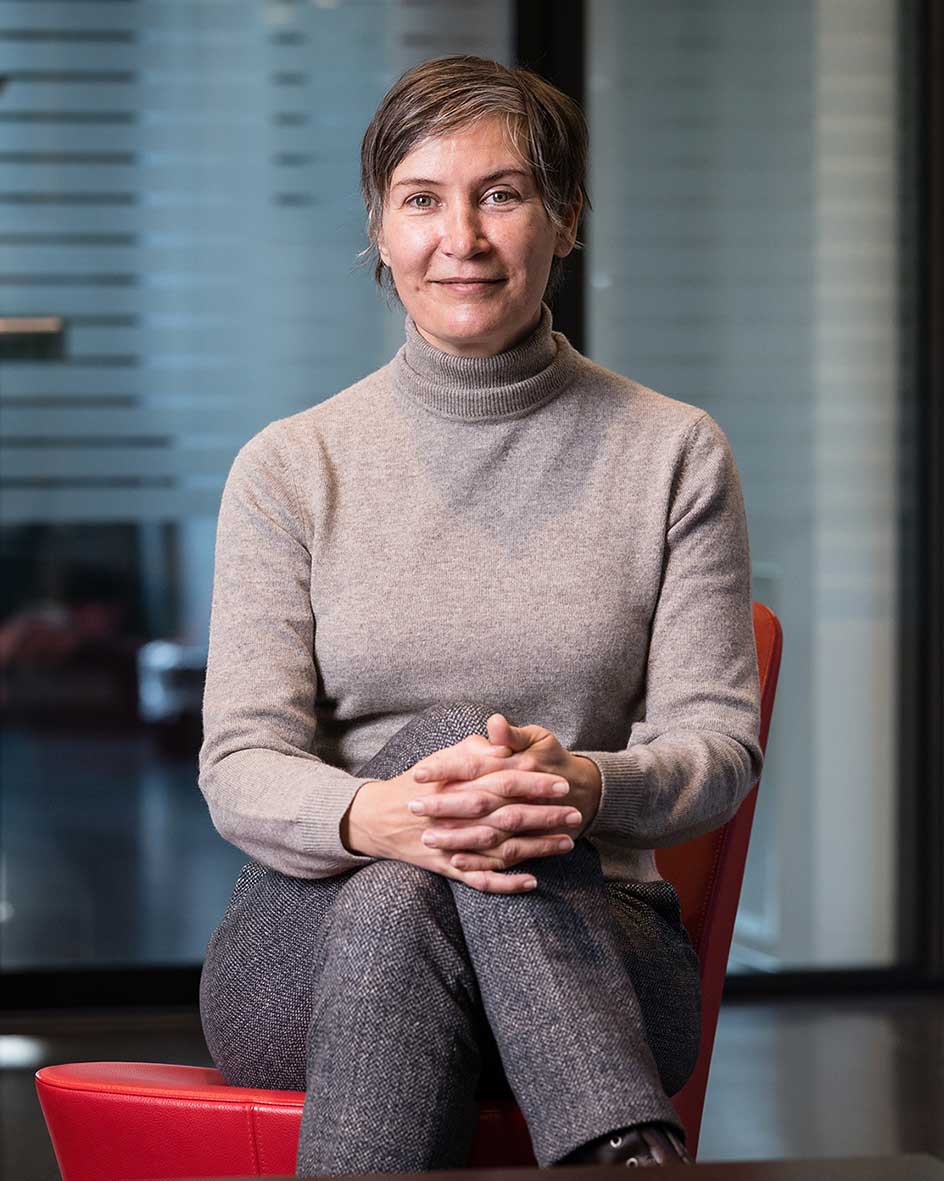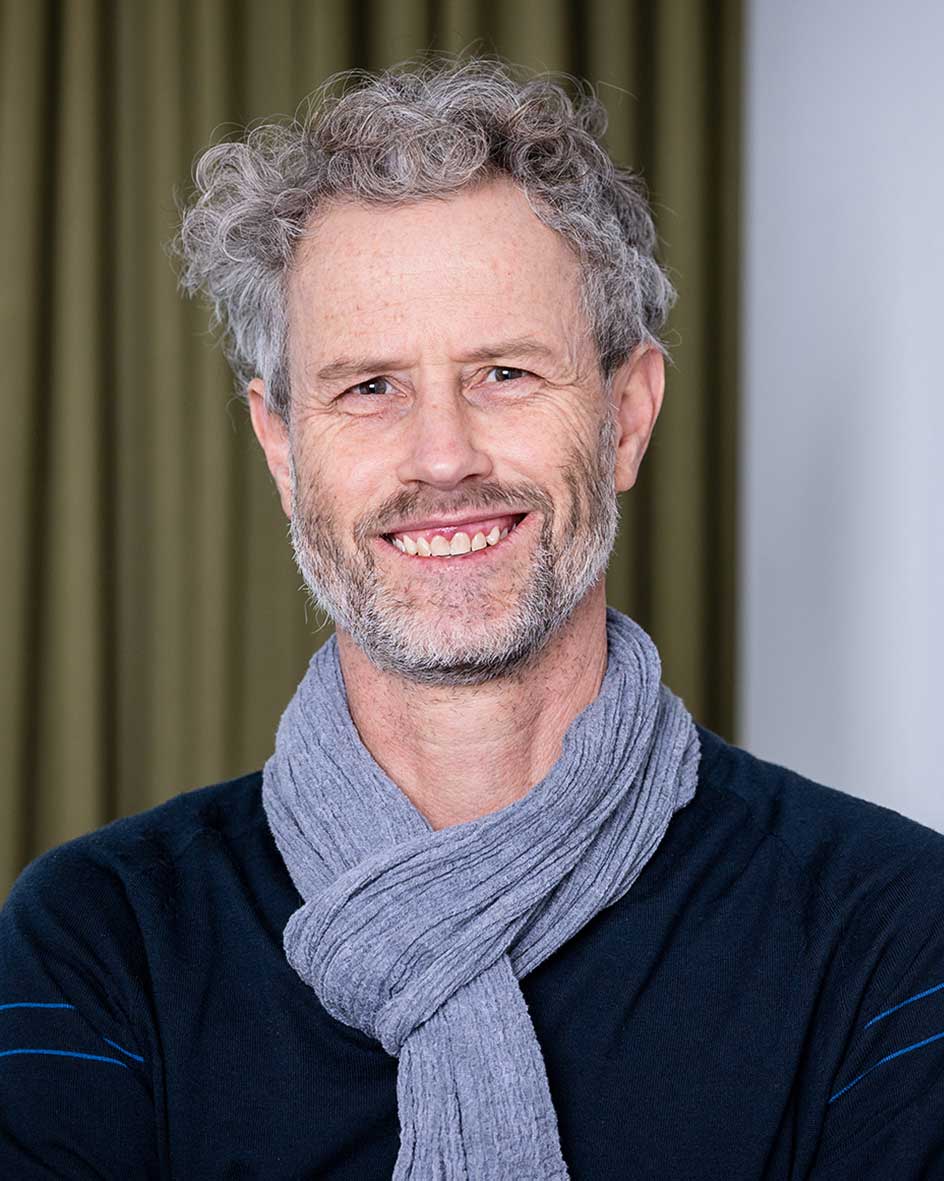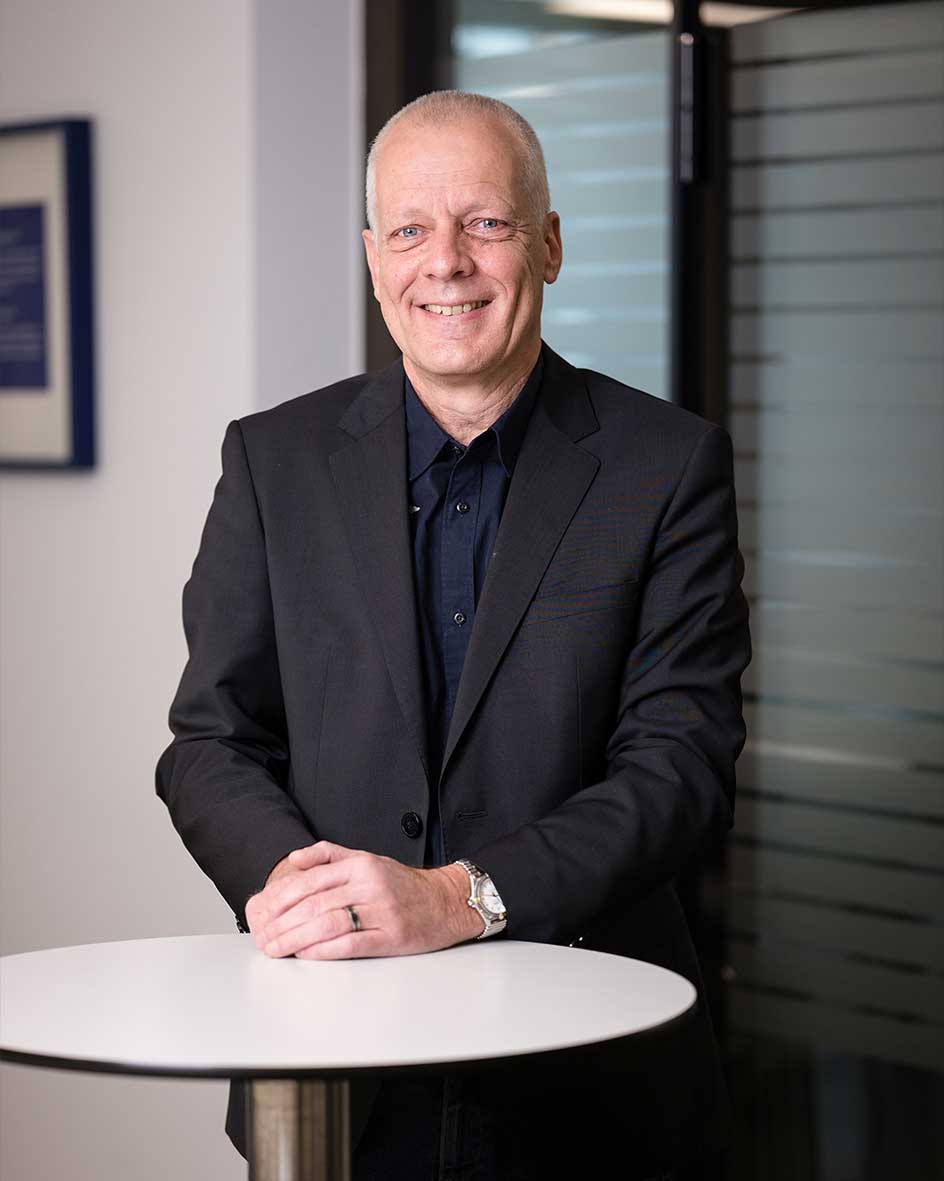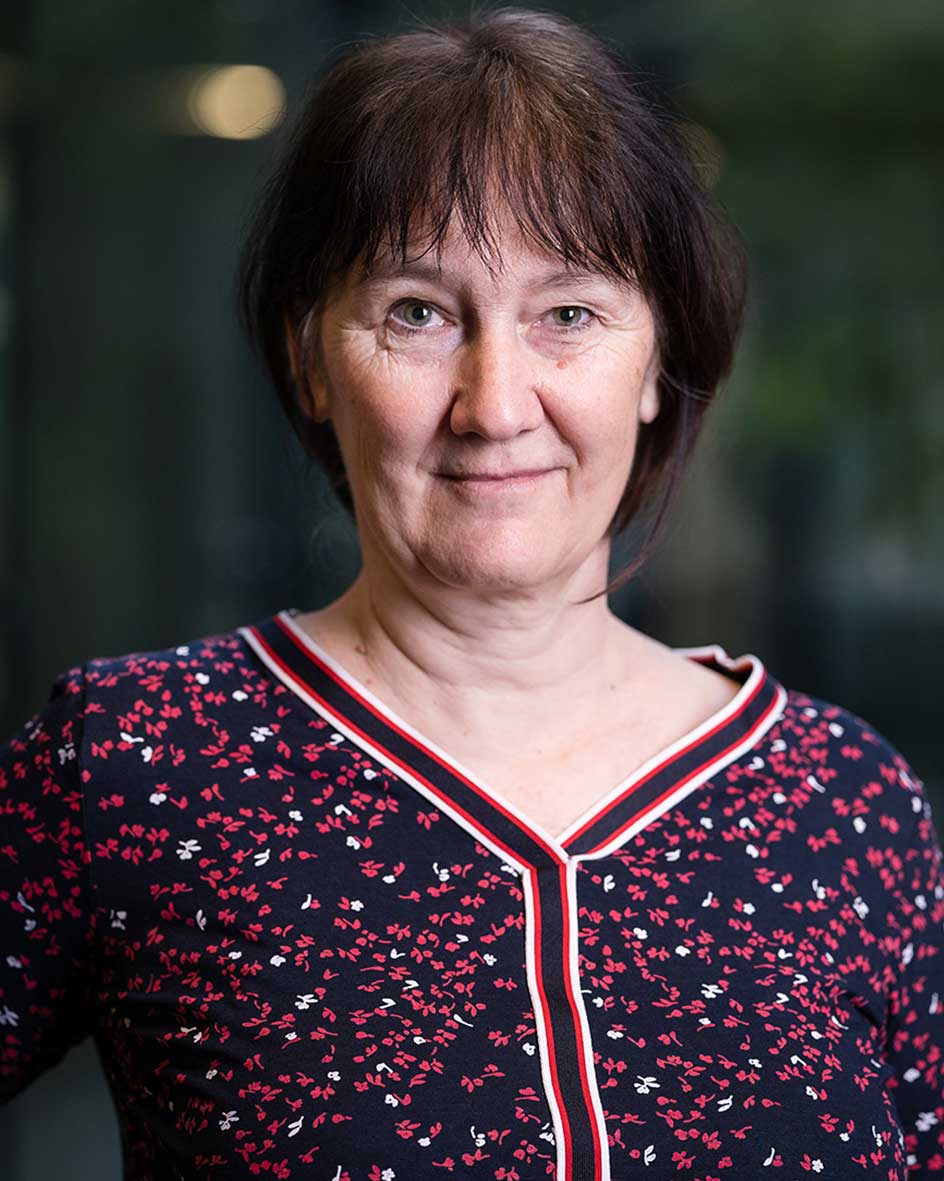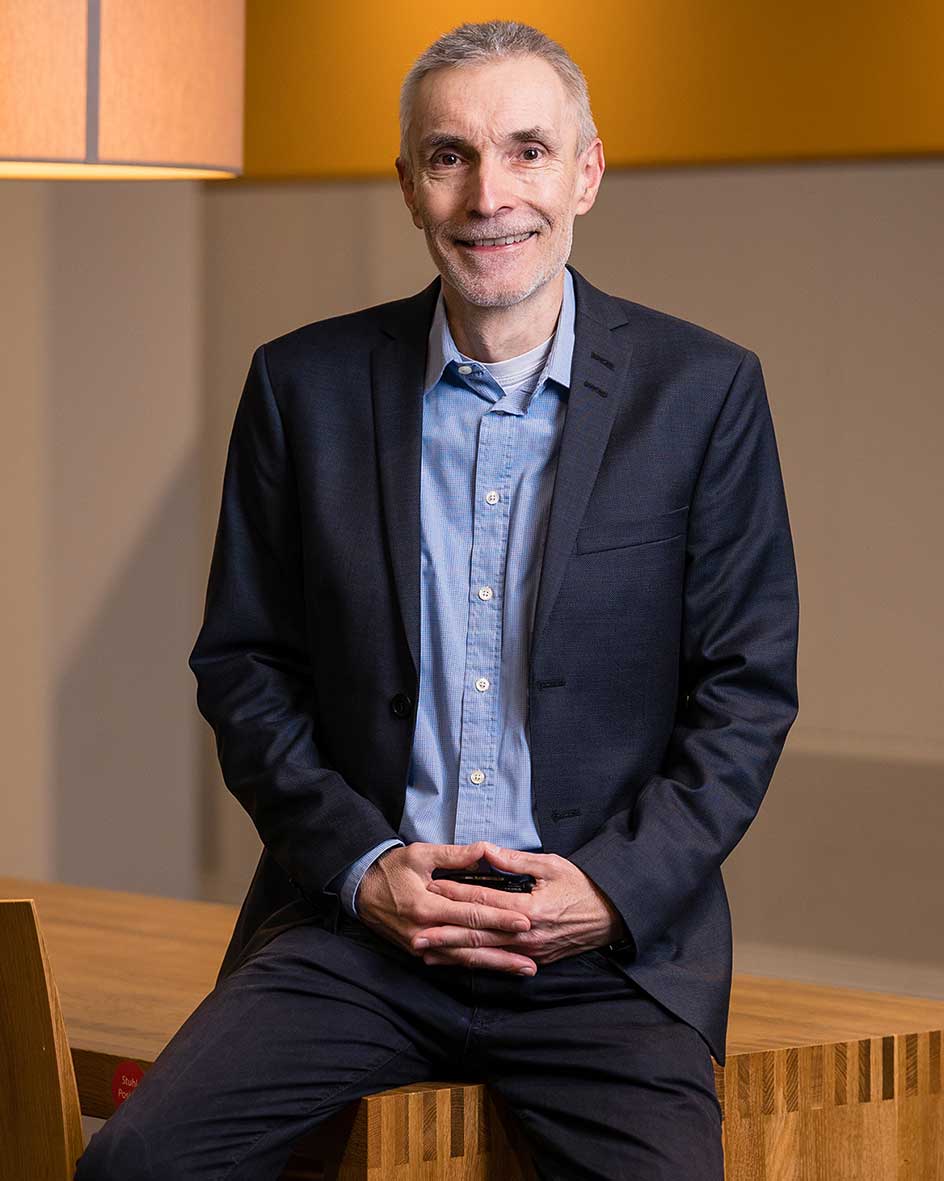
Andreas Schlegel
… originally joined Swissmedic from the Federal Office of Public Health (FOPH). The qualified biochemist now works in market surveillance for medical devices, monitoring serious incidents and market recalls with a special focus on laboratory devices.
Andreas Schlegel, what is your favourite place inside and outside Swissmedic?
"At Swissmedic it's our break room on the top floor overlooking Erlachstrasse. Because the view from up there is fantastic and it's a great place to talk with other people. We’re always meeting in the break room to talk shop about the latest trends in science, politics or occasionally about football. Otherwise, during the day we're all busy with individual case studies. In my free time, I often travel to the cliffs on the Ligurian coast, which is a magical, invigorating place. In its mild climate I can recharge my batteries hiking or just doing nothing."
